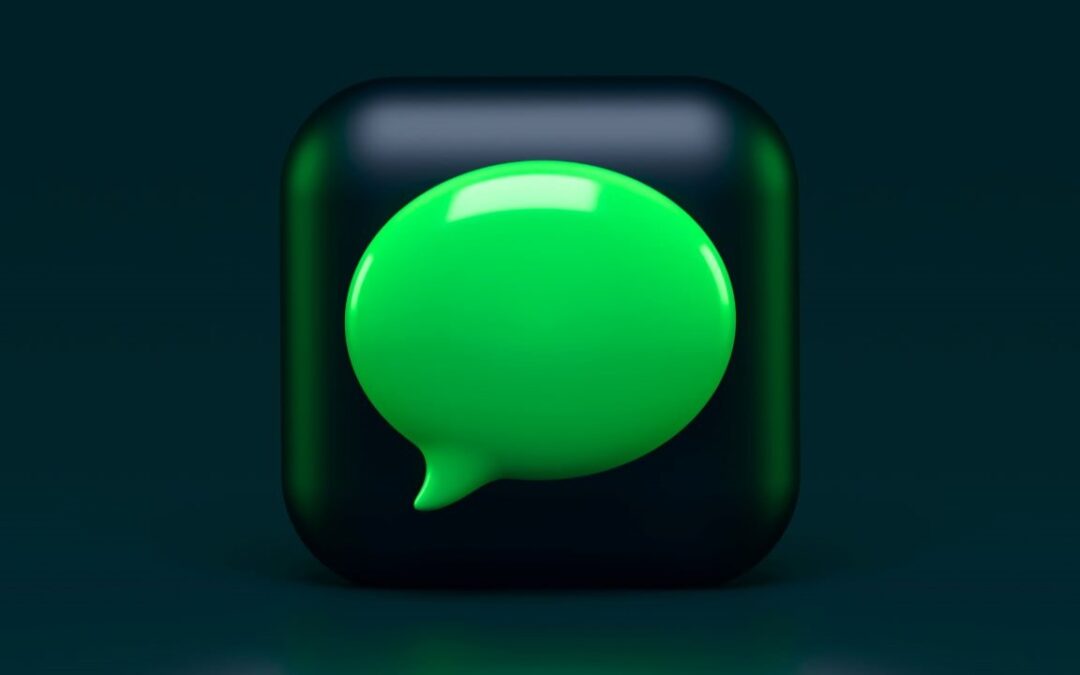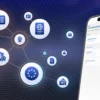DIDComm — short for Decentralized Identifier Communication — is a new protocol for anyone or anything with a Decentralized Identifier to communicate directly with another Decentralized Identifier — and it has the capacity to change how we interact and create digital relationships
By Tim Spring
DIDComm is catching on. Just like when the internet was just becoming widely available and few were even aware of it — let alone knew what to fully expect — we are seeing similar potential in the way we securely communicate digitally.
Decentralized Identifier Communication (DIDComm), is a method for creating a direct, encrypted line of communication between the owners of Decentralized Identifiers (DIDs). DIDs, are a recent W3C standard, and can be thought of as global digital addresses for identity, though they are more than that. The key point is that they are decentralized — unlike the centralized identifiers we presently use in the form of emails or user accounts with logins and passwords. In these centralized forms of identity, your data is stored and managed by a third party from whom you “lease” an identity. You don’t actually own your email address. By contrast, you do own and control your DID; you can create any number of them; they are permanent for as long as you wish, and they can refer to organizations and things as well as people.
Because you can prove you are the controller of a DID, digital identity no longer needs centralizing authorities to prove your identity online, a process that has proven highly susceptible to hacking, impersonation and fraud. identity has been decentralized, and in this process, many of the problems around digital privacy and security disappear because you can now use a DID to share information that is held and controlled only by you.
The channel that does this sharing is created by DIDComm. In short, it’s a way for the owners of DIDs to communicate directly with each other.
New ways to digitally interact create new kinds of digital relationships
Here’s what makes DIDComm powerful: It allows a mobile device to function in a way that is currently impossible — as if it had a highly secure API that it could interact with in a highly available, highly efficient way. This liberates mobile devices — and their users — to interact with servers (We explain the significance of this in greater detail in “The DIDComm Economy”). Second, DIDComm is transport agnostic, meaning communication can be through a website, email, mobile push notifications, QR codes, or a text message. Third, each owner of a DID must agree to accept a connection to enable communication along that channel. This means you will always have confidence in the identity of who you are interacting with.
Comparing DIDComm to the internet
The focus of both DIDComm and the Internet is communication and relationships. The internet enabled people anywhere in the world to interact with one another without ever needing to meet or even exchange contact information. Unfortunately, no one anticipated just how successful the Internet would become as a way of networking billions of people, companies, and entities — and why, at scale, identity verification would be essential to trusted interaction online.
Verifiable credentials were introduced to solve this problem, allowing you to store all of your personally identifiable information locally, under your control, and to share it as you see fit to prove who you are in a decentralized, frictionless way.
Too often when we discuss decentralized identity the focus is on these verifiable credentials, which is not unwarranted, as they are the means by which we store and share information in verifiable ways; but it is important to remember that, just like the internet, they are a means to an end, not the end. The end is a variety of rich activities that become possible once you have created a trusted digital relationship — such as messaging, video chatting, and file sharing. DIDComm is what truly enables these end-goal activities, and while messaging is where DIDComm is finding its footing, it is useful for so much more.
How will it impact you and when?
There have been several recent events to support the idea that people are taking notice of decentralization technology, and more specifically, DIDComm. Last year, W3C launched Decentralized Identifiers as a web standard, meaning that there will be more support for the solutions across the internet, and they note that some integrations are already underway. Lissi also recently announced that they are hard at work on adding a messenger feature based on DIDComm to their digital wallet. And lastly, Indicio is also proud to say that our wallet, Holdr+, allows for secure messaging through DIDComm. As more people become aware of what this powerful technology can provide we expect to see more solutions looking to make use of DIDComm very soon.
If you’re interested in trying this technology for yourself you can find Holdr+ in the app store now on both Google Play and the Apple Store.
If you would like to discuss implementing secure communication through DIDComm for your business or organization we encourage you to talk to our team of experts to help you get started.






